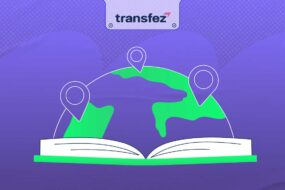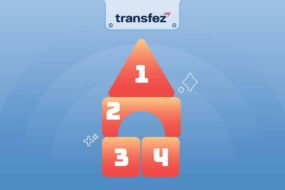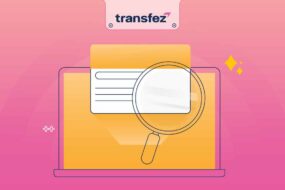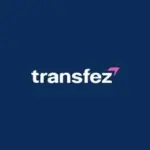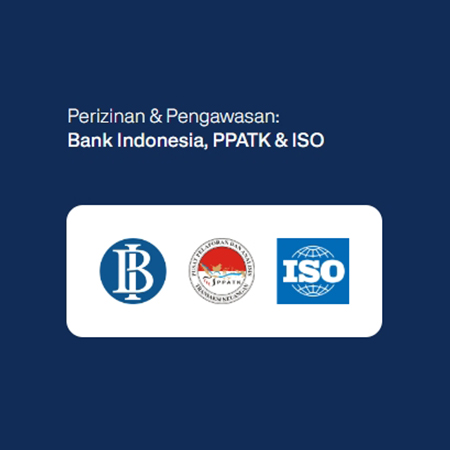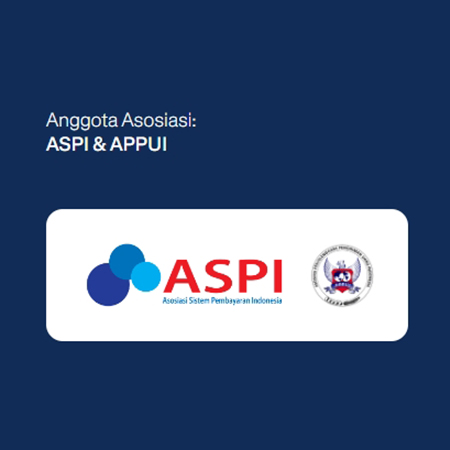One of the obligations for Muslims is to pay zakat fitrah, which is typically given during the month of Ramadan. Zakat is paid in the amount of 3.5 liters of staple food that is native to your area. In Indonesia, the staple food is rice.
Besides zakat fitrah, there are several other types of zakat that every Muslim should know. Each type of zakat has its own rules according to Islamic law.
Also read: Pay by Card, The Smarter Way to Pay International Invoices!
Zakat and Its Ruling
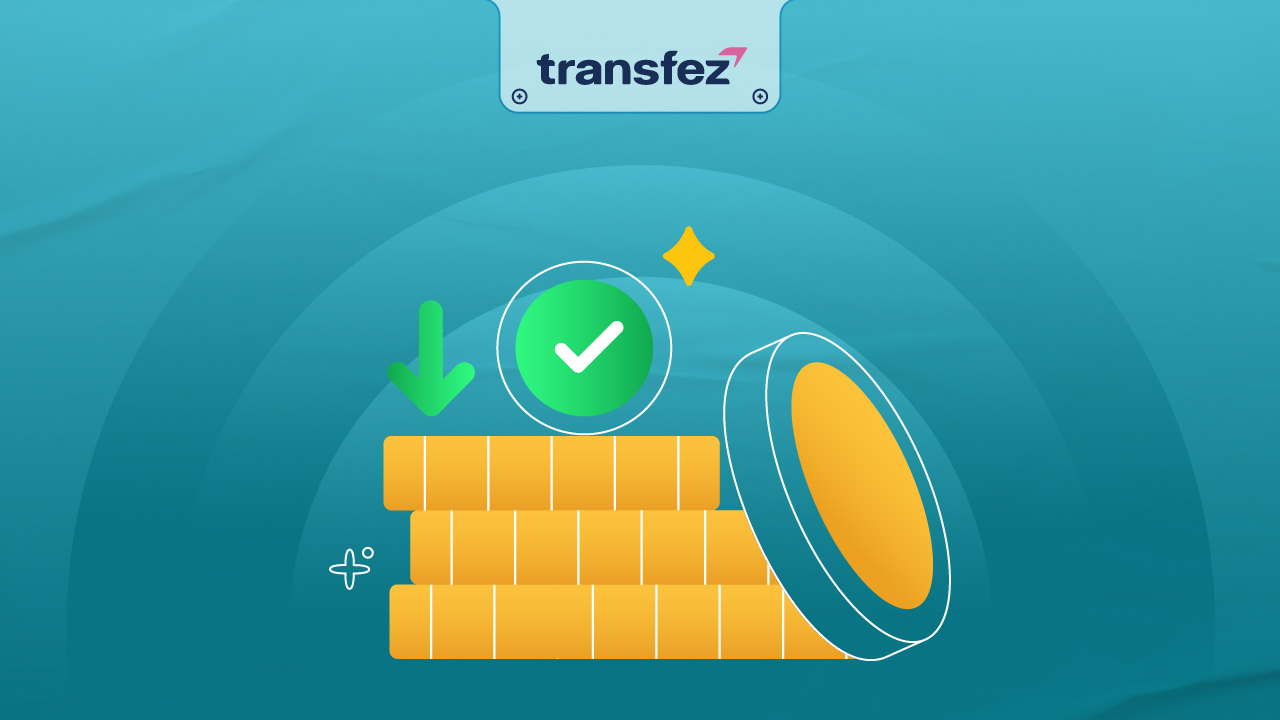
Zakat is a portion of wealth that must be given once it reaches specific conditions, such as:
- Owned entirely by the individual
- Acquired through lawful means
- Capable of growth or increase
- Held for one Hijri year (haul)
- Reached the minimum amount (nisab) for zakat based on its type
- The owner does not have immediate debts to pay
The word *zakat* comes from *zaka*, which means pure, good, blessed, growing, and developing. Each type of zakat is hoped to bring blessings and purify the soul.
Fulfilling the different types of zakat is a noble act and should be done alongside prayer, which is the second pillar of Islam. The importance of zakat is highlighted in the Quran, specifically in Surah At-Tawbah, verse 103.
Also read: How to Pay Zakat Fitrah While Living Abroad Must Follow Islamic Guidelines
Types of Zakat
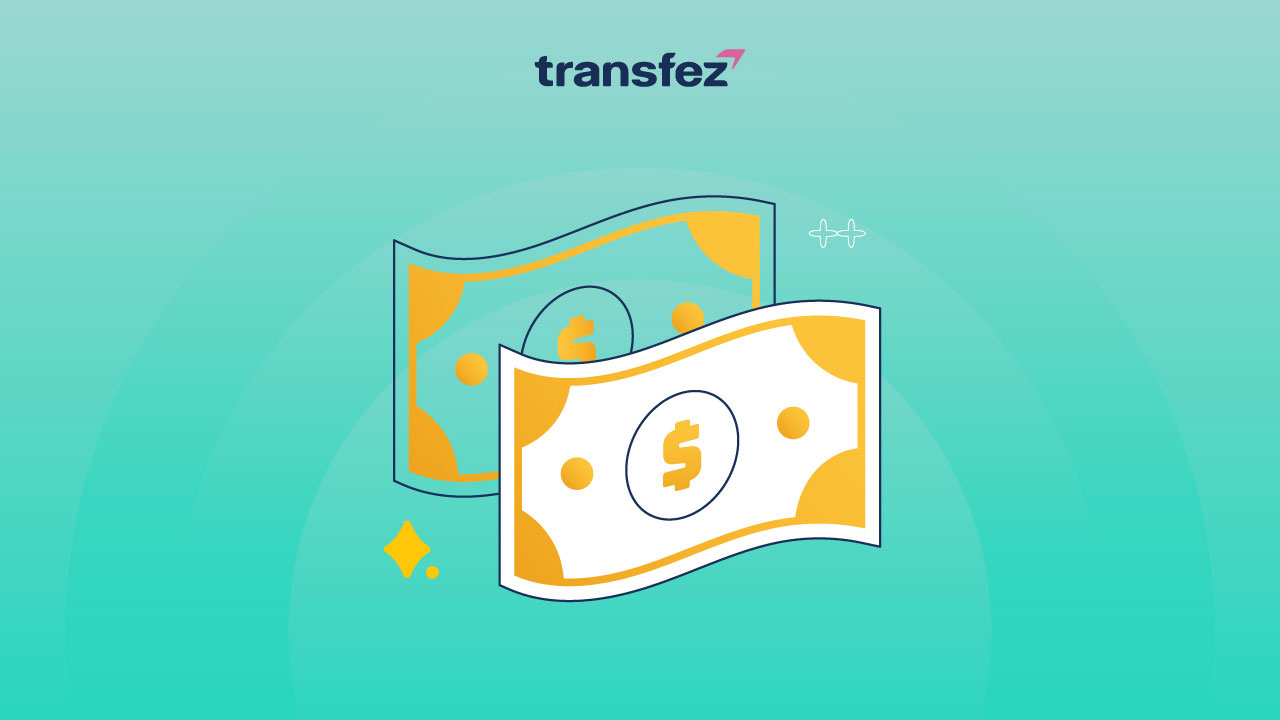
1. Zakat Fitrah
Zakat fitrah is a type of zakat that every Muslim is obligated to pay. As mentioned earlier, zakat fitrah must be paid during Ramadan or on Eid al-Fitr.
It must be given in the form of 3.5 liters of staple food from the local area. In Indonesia, it is usually rice, but wheat, grains, or dried dates may also be given.
The purpose of zakat fitrah is to purify the person who fasted from inappropriate speech and sinful acts. This is done by providing food to the poor and needy.
2. Zakat Maal
In addition to zakat fitrah, there are other types of zakat, such as zakat maal (wealth zakat). This includes income-based zakat from mining, sea harvests, agriculture, silver, and livestock.
Zakat maal is obligatory for those who meet certain criteria: being free, Muslim, owning wealth beyond basic needs, having held it for one Hijri year, and the wealth must reach the nisab threshold.
Each type of zakat has its own rules and calculation methods. In Indonesia, zakat is regulated under national law.
Zakat management is governed by Law No. 38 of 1998. This law outlines the regulation, function, and authority over zakat management.
Here are some zakat regulations in Indonesia:
1. Gold and Silver
This refers to zakat on gold and silver. You are required to pay zakat if it reaches the nisab and is held for one year.
The rate is 2.5% of the total value. For example, if you have 100 grams of gold, you must pay zakat equivalent to 2.5% of its value.
2. Livestock
Zakat is also applicable to livestock, particularly animals that benefit humans, graze freely, and have been owned for a year and reached the nisab.
Each type of livestock has different zakat rules. For example, if you own 30 cows, you must give one year-old calf as zakat.
3. Trade Zakat (Tijarah)
Trade zakat is related to business assets. It is calculated from your capital and total sales, with a zakat rate of 2.5%.
You can pay zakat in cash equal to the value, or in the form of goods from your business.
Also Watch: Easy Way to Send Money with Transfez
Eligible Zakat Recipients
Each type of zakat is meant for specific groups. Here are those eligible to receive zakat:
- Fakir: Those with no property, job, or stable income
- Miskin: Those with low-paying jobs that don’t cover their family’s needs
- Riqab: Slaves or servants seeking freedom through self-redemption
- Gharim: People with debts they are unable to repay
- Amil: People appointed to collect and distribute zakat
- Sabilillah: Those striving in the way of Allah, such as fighters, school founders, mosque builders, etc.
- Muallaf: New or weak believers who may grow stronger in faith through zakat
- Ibnu Sabil: Travelers who run out of provisions, not for sinful purposes
Download the Transfez App
The Transfez app helps you transfer money overseas faster, cheaper, and more efficiently. Jack Finance also supports your business in handling international transactions. If you’re sending money to relatives studying, working, or traveling abroad, Transfez is ready to help. Available on Android and iOS. Download it now!


